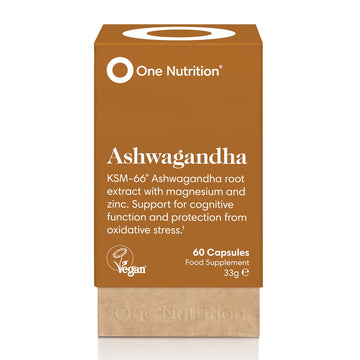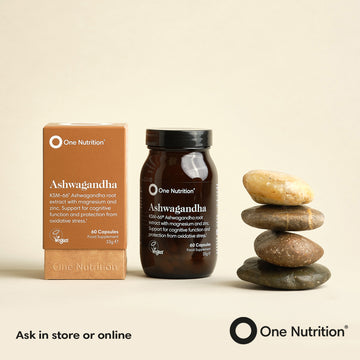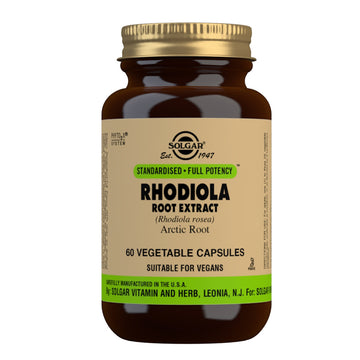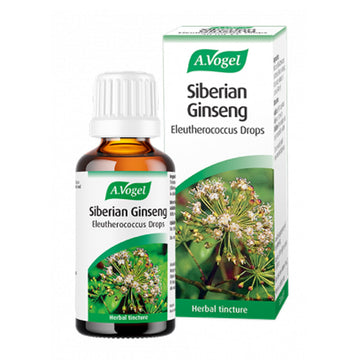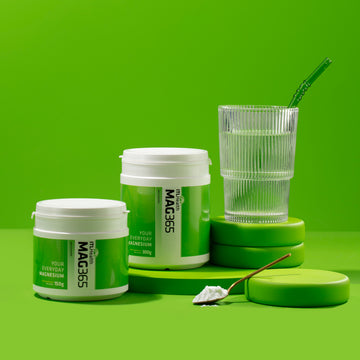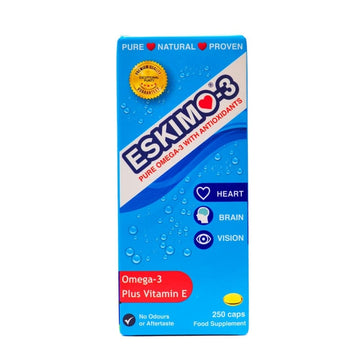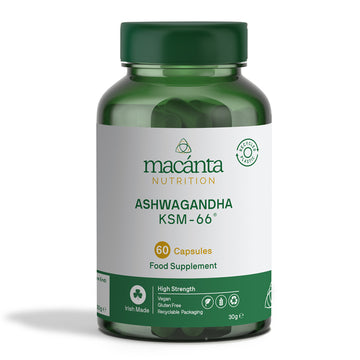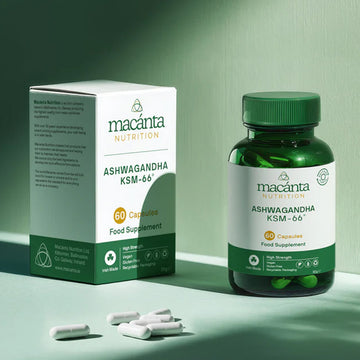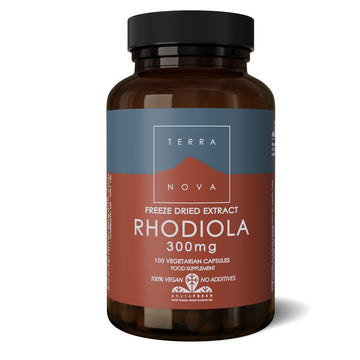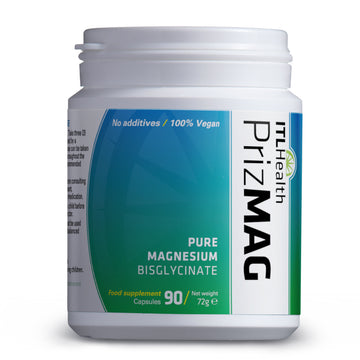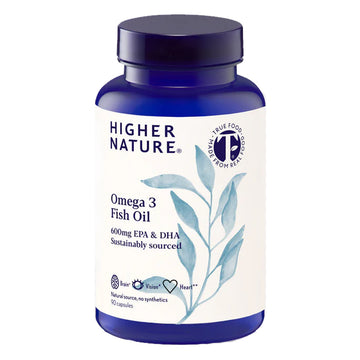In our fast-paced modern lives, stress has become an unwelcome companion for many.
The constant demands of work, family, and daily responsibilities can lead to an overproduction of cortisol, the body's primary stress hormone. Elevated cortisol levels can contribute to various health issues. Fortunately, nature has provided us with powerful allies in the form of adaptogenic herbs and essential nutrients that can help manage cortisol levels.
Let's explore how these wonders of nature may contribute to a more balanced and resilient stress response.
1. Ashwagandha: The Indian Ginseng
Ashwagandha, also known as Withania somnifera, is an adaptogenic herb rooted in Ayurvedic medicine. It has gained popularity for its ability to help the body adapt to stress. Research suggests that Ashwagandha may lower cortisol levels by modulating the body's response to stressors. Its adaptogenic properties contribute to a more balanced hormonal environment, helping to mitigate the negative effects of chronic stress.
2. Rhodiola: The Arctic Adaptogen
Rhodiola rosea, commonly known as Rhodiola, is another adaptogenic herb known for its stress-relieving properties. Native to the arctic regions of Europe and Asia, Rhodiola has been used traditionally to enhance resilience to stress. Studies suggest that Rhodiola may help regulate cortisol levels by influencing the stress response pathways in the body. Its adaptogenic nature aids in reducing fatigue and promoting a sense of calm.
3. Ginseng: The Herbal Energizer
Ginseng has been used for centuries in traditional medicine to combat stress and promote overall well-being. Ginsenosides, the active compounds in ginseng, are believed to have adaptogenic properties that help the body cope with stress. Research indicates that ginseng may modulate the HPA axis, a key player in the body's stress response, leading to a reduction in cortisol levels.
4. Magnesium: The Mineral Marvel
Magnesium is an essential mineral involved in numerous physiological processes, including the regulation of the stress response. Chronic stress can deplete magnesium levels in the body, leading to an increased release of cortisol. Supplementing with magnesium has been shown to help regulate cortisol secretion and promote relaxation. Foods rich in magnesium, such as leafy greens, nuts, and seeds, can also contribute to a well-balanced diet that supports stress management.
5. Omega-3 Fatty Acids: Brain Boosters
Omega-3 fatty acids, found in fatty fish like salmon, walnuts, and flaxseeds, play a crucial role in brain health and may influence cortisol levels. Research suggests that omega-3s can help modulate the stress response by reducing the production of inflammatory molecules associated with elevated cortisol. Incorporating omega-3-rich foods into your diet or taking supplements can contribute to a healthier stress response.
In the quest for stress relief, turning to nature's remedies can be a powerful and holistic approach. Ashwagandha, Rhodiola, Ginseng, Magnesium, and Omega-3 each bring their unique benefits to the table, offering a comprehensive strategy to manage cortisol levels and promote overall well-being. By embracing these natural allies, you can take proactive steps towards a calmer, more resilient, and balanced life.
Are you looking for more ways to manage your stress levels? Then read our blog 'Ways to Relieve Stress Naturally'.



